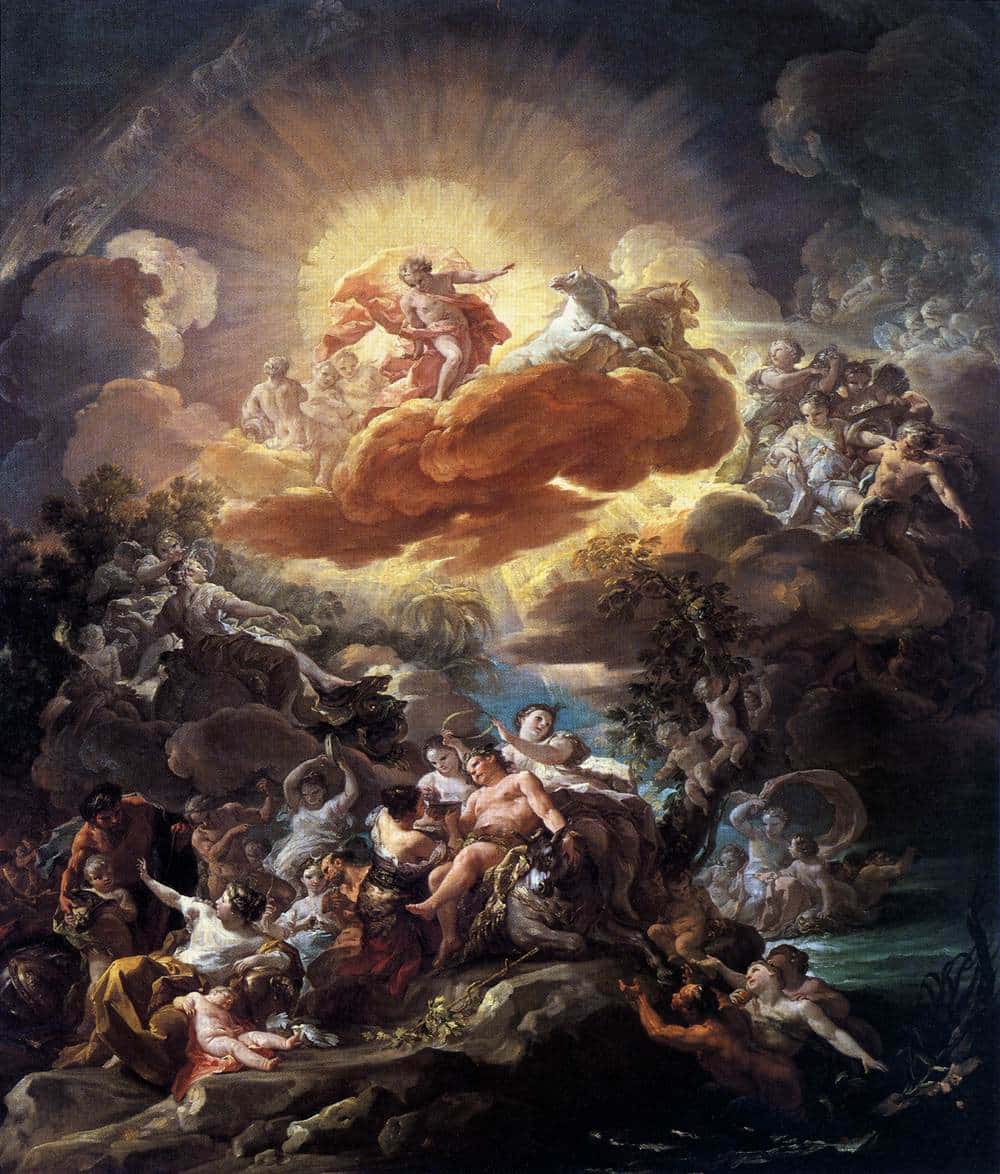
Hope: Our Invincible Sun
In the introspective silence of life’s most challenging winters, the wisdom of the existentialists whispers to us, reminding us of the power of hope and the resilience of the human spirit. Among these voices, Albert Camus stands out, offering a perspective on hope that is as profound as it is poetic. Through his assertion that “in the depths of winter, I finally learned that within me lay an invincible summer,” Camus encapsulates the essence of hope, an indomitable force capable of overcoming the bleakest of adversities.
Existentialism, with its focus on individual freedom, choice, and responsibility, confronts us with the stark realities of our existence. It teaches us that life is often absurd and without inherent meaning, a canvas upon which we must paint our own purpose. In this philosophical framework, hope becomes a choice, a deliberate stance against the absurdity of existence. Camus, in acknowledging his “invincible summer,” is not denying the cold reality of winter; rather, he is affirming the power of hope to transcend it.
Camus viewed hope as an act of rebellion against the indifference of the universe. In his eyes, to hope is to reject the notion that our suffering is meaningless and to assert our ability to forge meaning and joy in spite of life’s inherent absurdity. This rebellious hope does not depend on the promise of a better tomorrow; instead, it thrives on the conviction that our struggle itself is meaningful. Hope, therefore, becomes our most powerful weapon in the battle against despair, a luminous beacon that guides us through the darkest nights.
The “invincible summer” that Camus speaks of is not a naive optimism that denies the reality of suffering. Rather, it is an acknowledgment of our inner strength and resilience, an inner warmth that sustains us when the external world grows cold. This invincible summer symbolizes hope as an intrinsic part of the human condition, a wellspring of strength that enables us to confront our existential winters and emerge not unscathed, but undefeated.
Nurturing our invincible summer requires a conscious engagement with hope, an active cultivation of our inner resilience. It demands that we find beauty in the bleakness, meaning in the absurd, and strength in our vulnerability. We must learn to embrace our winters, knowing that they are but seasons in the grand cycle of life, and that within us lies the perpetual promise of renewal and growth.
Camus’ philosophy invites us to view hope not as a passive expectation of external salvation, but as a dynamic force that emanates from within. His invincible summer is a metaphor for the human capacity to endure, to find meaning in suffering, and to rebel against despair with hope. As we navigate the existential winters of our lives, let us remember that within us lies an unwavering beacon of hope, a reminder that no winter, however harsh, can extinguish our invincible summer.
In the end, it is the power of hope, that unwavering belief in the face of adversity and refusal to succumb to despair that defines our humanity. By embracing our invincible summer, we affirm our resilience, our strength, and our indomitable spirit.



